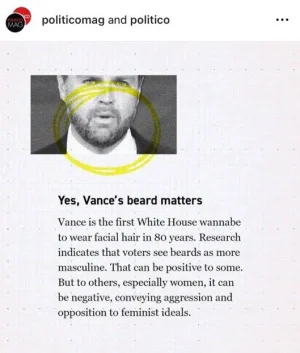- MBTI
- None
It's easy to in retrospect to be critical of actions that policymakers take in foreign affairs and notice that the outcome was not good, or not what it was meant to do, and to say "we knew this all along". I think the reality of it is that geopolitical affairs are extremely volatile and unpredictable. When something goes well, everything's fine. We tend to look at foreign affair leaders as people that are infallible, or think that because the stakes are so high that they can't afford to make a mistake. And while that's true, I think leeway has to be put in place that sometimes we are simply responding to actions of other countries and we have to make a quick decisions. To act, or not to act? And then what is the consequence of not acting, because there are consequences, sometimes the consequences of those actions aren't realized until years later and at that point people who argue the correlation can't convince a lot of people this is that case, because so much time has passed that people have virtually forgotten about it.Well, competency matters. I don't know about their intention, maybe they think they're doing good. But in my opinion they didn't deal with Russia situation well at all. They should've either be more harsh with Russia at the beginning or they should be seeking a ceasefire now. Instead they are using Ukraine and their people to fight Russia. Anthony Blinken pretty much said as much. Well, he said something like all the money we are sending to Ukraine is coming back to us, which I read as "we are happy that Ukraine is fighting this war for us and weakening Russia". Fair enough, but let's call spade a spade. They don't give a damn about Ukraine and it is not our ally at all. Ukraine is just an unfortunate pawn in this game. And if you mention ceasefire, they bring up Hitler again, compare you with Neville Chamberlain and cancel you.
You tell me, why is Ukraine such an important ally to the USA?
So in conclusion, I have more cynical view than you. That's how I see it anyway. A lot of self interest, deception, wilful blindness and desire to control what cannot be controlled.
Not to mention that there are always unintended consequences of every decision we make, which then we have to solve those problems. It is not cut and dry and easy. On top of that, as a U.S. citizen there is a lot of information about geopolitics that we do not have for national security reasons. I've had the same experience in my job- there are all sorts of reports and decisions I am not made privy to, and so sometimes I will be told we have to do x y and z but the reason why is not information I am able to access. When I question it and go against it, sometimes I am right, but also sometimes I am humbled by the fact that other people knew more than I did about it and there was a reason the information I was lacking was not provided to me.
We are basically scraping the iceberg here, there is tons of insider information that the public will never know that plays into the stability of our country and I understand the need to question authority and tear it down, but it is frustrating because when those structures are destroyed, you'll miss them. There is only so far being anti-establishment can bring you before you realize that some level of rule and order provides safety and stability and that without the law to uphold it, you are actually worse off than before.


